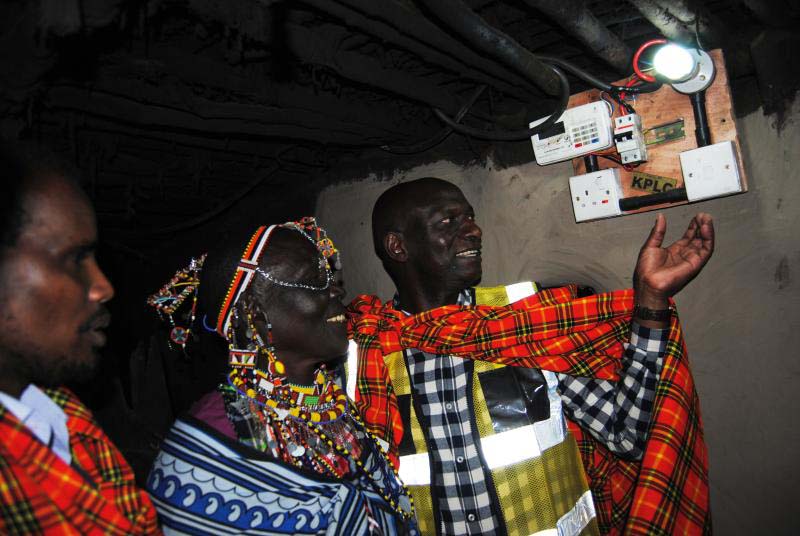×
The Standard e-Paper
Kenya’s Boldest Voice

The frenzy of activity in the corridors of power points to one direction. It’s an all-systems-go for the Big Four agenda projects.
The government has begun fine-tuning and aligning its resources towards revving up manufacturing, boosting food production, security, building affordable housing and widening access to Medicare.